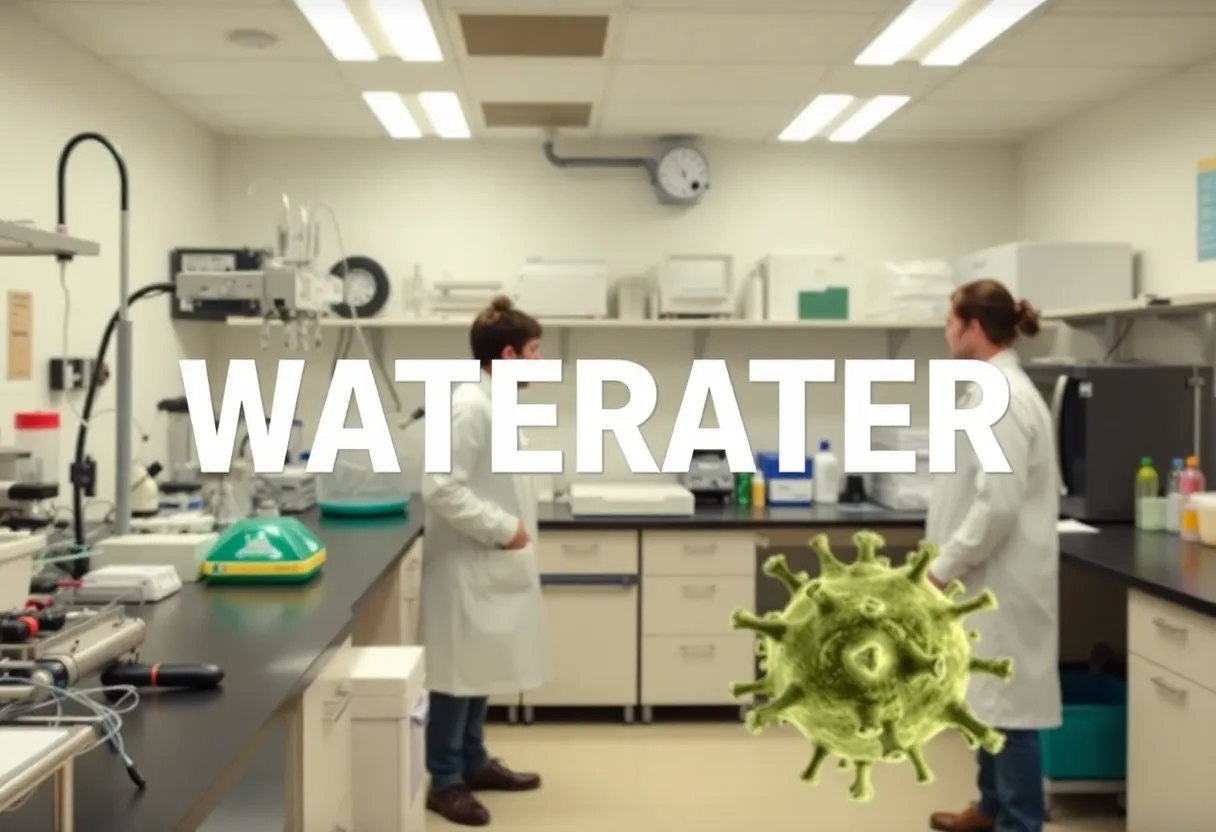News Summary
San Diego has paused its SEARCH Wastewater Analysis Program due to significant federal funding cuts, abruptly ending a crucial public health initiative. Established in 2021, the program monitored virus levels in wastewater, aiding in COVID-19 and other virus tracking. The funding cut is linked to reductions in federal public health resources, complicating future surveillance efforts. Researchers express concern over the potential loss of valuable data and community insights as the county prepares its own public health laboratory.
San Diego Says Goodbye to Valuable Wastewater Program
In a surprising turn of events, the city of San Diego has officially hit the brakes on the SEARCH Wastewater Analysis Program due to substantial cuts in federal funding. This program had been a shining example of how science can be applied to public health, especially through the dark clouds brought upon by the pandemic. But now, as of Sunday, this collaborative effort has been left in limbo after San Diego County received the unfortunate news about the funding cuts.
A Collaborative Effort
Since its inception in February 2021, the SEARCH initiative had brought together some of the brightest minds from UC San Diego, Scripps Research Institute, and Rady Children’s Hospital. Together, they analyzed wastewater samples from three treatment plants in the county, a community of about 3.3 million residents. The program initially focused on shining a light on the levels of coronavirus in the wastewater but then broadened its approach in 2022 to include other significant viruses, such as MPOX. They even had plans to dive deeper into more pathogens like influenza, hepatitis, and measles.
Why the Cut?
The unfortunate funding cut stems from a wider reduction in federal public health resources. This was particularly linked to the decrease in the “Epidemiology and Laboratory Capacity” program overseen by the U.S. Centers for Disease Control and Prevention (CDC). Previously, the SEARCH program received around $400,000 per year from the county’s public health department, a crucial amount that allowed them to operate effectively.
The Implications
With the plug effectively pulled from the SEARCH program, researchers are concerned about the abrupt halt of their significant work. An organized handover of knowledge had been anticipated as the county prepares to open its new public health laboratory in May, which will take over wastewater surveillance duties. There was hope for a smooth transition that would let the county lab learn from the processes established by UCSD to ensure accuracy in future results.
As the county acknowledged, it would’ve been ideal for there to be overlapping operations between the UCSD team and the incoming county lab to keep data consistent and reliable. However, with the removal of federal funding, the county now faces challenges in establishing a robust in-house program, which could complicate the comparison of data previously gathered by SEARCH.
Future Assistance and Operations
Despite the unfortunate funding defeat, researchers behind SEARCH are committed to aiding the county as it sets up its own program going forward. The county understands just how essential the services provided by SEARCH truly were and is actively planning to transition the testing and management of historical samples to its new lab.
Moreover, while other wastewater testing services will continue to operate, the gut-wrenching reality is that they will not be able to replicate the detailed viral subtype analysis that SEARCH previously provided. This analysis is particularly crucial for understanding how different virus variants behave and could help in the development of effective vaccines and treatments for the community.
The Importance of Data
The genetic sequencing efforts carried out by SEARCH have supplied invaluable community-level data regarding the various types of viruses circulating within the region. Prior research had shown clear connections between spikes in overall virus levels and the emergence of new variants, which directly impacted local public health responses.
It’s essential to note that the recent cuts to federal funding are tied to federal mandates and are not a decision made by San Diego County itself. Local officials are continuing to seek out cooperative relationships and additional resources to effectively tackle the ongoing health challenges facing the community.
As San Diego moves forward, the hope is that the blend of innovative research and public health initiatives can find a way to thrive once more, even if it’s in a new form. The mission to protect public health is far from over, but it sure will be a challenging journey ahead.
Deeper Dive: News & Info About This Topic
HERE Resources
Additional Resources
- San Diego Union-Tribune: Doge Cuts Shut Down San Diego County’s Wastewater Testing System
- Engineering News-Record: San Diego Wastewater Treatment Plant Fix Gets $250M Infusion from Congress
- NBC San Diego: New Research on Dangers of Toxic Tide
- CBS 8: University of San Diego Students Transform Beer Waste into Energy
- Times of San Diego: SDSU Scientists Unveil Early Warning Sewage Tracking System in Tijuana River
- Wikipedia: Wastewater
- Google Search: Wastewater Testing
- Google Scholar: Wastewater Analysis
- Encyclopedia Britannica: Wastewater
- Google News: Wastewater Research








